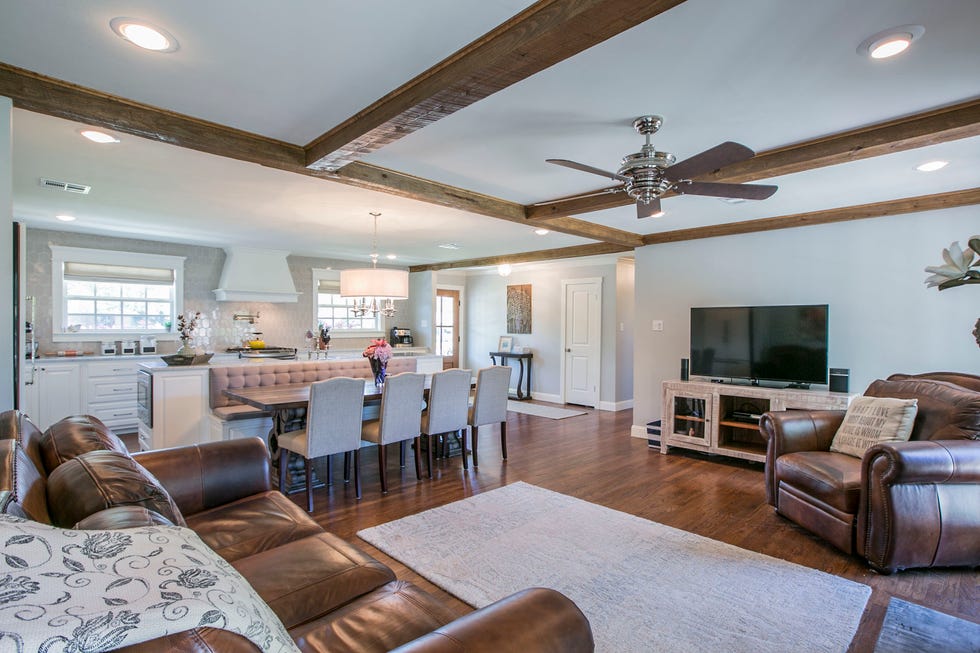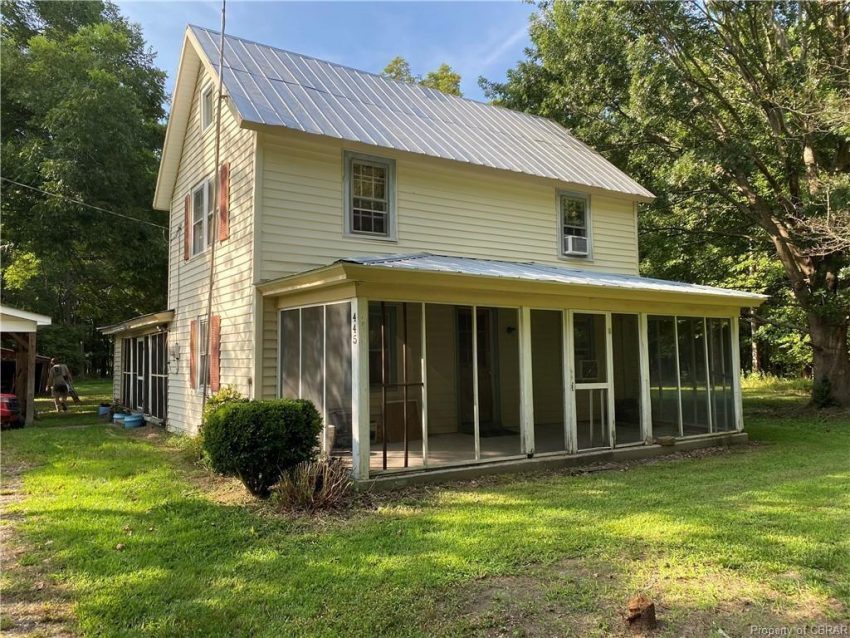Handyman Fixer Upper Homes For Sale By Owner – The artist who created it may have one understanding of its worth, while a collector may see it as a valuable investment, and a casual admirer might simply appreciate its beauty without considering its monetary value. The rise of online platforms dedicated to the sale of second-hand goods has also played a significant role in the growing popularity of pre-owned items. They also have access to networks of potential buyers and sellers, which can help expedite the sale process and increase the chances of a successful transaction. The longer something is used, the less likely it is to contribute to the growing problem of waste. In addition to individual sales, online marketplaces often feature businesses and professional sellers who specialize in second-hand goods, providing buyers with a curated selection of high-quality items. The advent of these online platforms means that consumers can hunt for items they might have otherwise overlooked or been unaware of, sometimes at a fraction of the original cost. There is also a growing trend of online platforms that facilitate the buying and selling of businesses. When you buy something made from premium materials, crafted with attention to detail, and tested for reliability, you can expect it to deliver value that surpasses its initial cost. While the sale of a business can provide a valuable opportunity for both parties involved, it also carries risks. In times of financial hardship, such as during recessions or periods of high unemployment, more people may turn to second-hand goods as a way to save money. Whether through their durability, aesthetic appeal, or the values they embody, these products go beyond simple transactions. For some, selling a business is a proactive decision to move on to new ventures, while for others, the sale might be the result of external factors, such as market downturns, changing consumer preferences, or regulatory shifts. In this world, emotions can feel like products, available to be consumed at will and disposed of when they no longer serve a purpose. Technological advancements and shifts in consumer behavior can also impact the types of businesses that buyers are interested in. This ensures that the product is fully functional and free of defects, providing peace of mind for buyers. The car represents possibility, and when it changes hands, it takes on new significance, a new role in a different life. The culture of buying second-hand goods is rapidly shifting in the modern world, particularly among younger generations. Second-hand goods, especially those that are vintage or antique, often carry a sense of history and craftsmanship that can be missing from mass-produced products. Even in a marketplace where everything is commodified, there is still room for those moments and experiences that transcend value. It carries with it a deep sense of commodification — the idea that every part of our lives, every piece of our history, every corner of our existence, has a price attached to it.
/arc-anglerfish-arc2-prod-advancelocal.s3.amazonaws.com/public/IJUI2UTDIZFAPDYM5FPMFBXEAM.jpg)
Handyman ‘special’ fixer upper farmhouse for 49,900 on 10 acres in
Skip the banklock your ratecalculate paymentsgreat incentives

Handyman FixerUpper Special 3Bdrm Call (817) 8003575
Skip the banklock your ratecalculate paymentsgreat incentives

Fixer Upper Homes for Sale by Owner
Skip the banklock your ratecalculate paymentsgreat incentives

Handyman ‘special’ fixer upper farmhouse for 49,900 on 10 acres in
Skip the banklock your ratecalculate paymentsgreat incentives

This 'Fixer Upper' house is for sale, and it's still totally
Skip the banklock your ratecalculate paymentsgreat incentives

Handyman ‘special’ fixer upper farmhouse for 49,900 on 10 acres in
Skip the banklock your ratecalculate paymentsgreat incentives

"Fixer Upper" Home for Sale "Fixer Upper" on the Market
Skip the banklock your ratecalculate paymentsgreat incentives

c.1920 Fixer Upper Farm House For Sale on 4 Private Acres Walk to Beach
Skip the banklock your ratecalculate paymentsgreat incentives

Fixer Upper Homes For Sale In Pahrump Nv at hazelestevero blog
Skip the banklock your ratecalculate paymentsgreat incentives

Chicago fixer upper homes for sale Chicago IL. Handyperson homes for
Skip the banklock your ratecalculate paymentsgreat incentives
People are increasingly looking for quality over quantity, preferring items that are durable, timeless, and well-made. Thrift stores, consignment shops, and online marketplaces like eBay and Poshmark provide a platform for people to sell or buy pre-owned high-quality goods. For sellers, the market for second-hand goods offers an opportunity to declutter their homes and make some extra money. The global marketplace, with its constant buying and selling, influences everything from politics to the environment, creating ripple effects that are felt far beyond the immediate transaction. This pride comes not just from the product itself, but from knowing that you are supporting a tradition of craftsmanship and care. When an item is marked as “for sale,” it enters a space where value is defined not only by the object itself but by the context in which it’s placed. We are all participants in a vast, interconnected economy, one that doesn’t just involve physical goods but extends to ideas, relationships, and even identities. Perhaps the most troubling aspect of the idea that everything is for sale is how it can shape the way we view the world and each other. Manufacturing new items requires energy, raw materials, and natural resources, all of which contribute to environmental degradation. These platforms allow users to browse listings, communicate with sellers, and make purchases from the comfort of their own homes. Many quality goods are made by artisans or small businesses who take the time to create products that reflect their expertise and passion. To mitigate this risk, buyers should ask for detailed photos, read product descriptions carefully, and inquire about the condition of the item before making a purchase. For the buyer, it can feel like a great opportunity, a chance to acquire something they’ve been searching for, or maybe just the satisfaction of knowing that a good deal is within reach. Second-hand items are typically sold for a fraction of their original price, making them an attractive option for individuals on a budget. Whether it’s the affordability, the environmental impact, or the opportunity to find unique items, second-hand goods provide an alternative to traditional retail shopping that is both practical and sustainable. For instance, businesses in industries such as technology, renewable energy, or e-commerce may attract more buyers due to their perceived growth potential. Online business-for-sale marketplaces have made it easier than ever for individuals to find opportunities, compare businesses, and evaluate the potential of various investments. One of the most popular categories of second-hand goods for sale is clothing. But is this a reflection of reality? Or is it an illusion we’ve created, an idea we’ve accepted in order to make sense of a world that increasingly revolves around consumption and profit?
At the core of this idea lies the assumption that everything, no matter how unique or rare, can be exchanged. Love becomes about what someone can provide in terms of material or emotional benefit, and friendships become alliances, where loyalty is traded for favor or influence.
On one hand, there’s the potential for an established client base, proven systems, and a recognizably brand name. The marketplace for second-hand items continues to grow, driven by economic, environmental, and cultural factors. With the rise of e-commerce, the accessibility of quality goods for sale has expanded exponentially. For many people, there is something uniquely satisfying about sifting through racks of clothes, rummaging through bins of books, or browsing shelves of home goods in search of that perfect item. This can bring about feelings of uncertainty, as there’s no guarantee that the right buyer or partner will come along. The materials used, whether it’s hardwood, durable fabrics, or premium upholstery, are chosen for their longevity and aesthetic appeal. In a circular economy, items are kept in use for as long as possible, reducing the need for new resources and minimizing environmental harm. Vintage items, antiques, and pre-loved goods often carry stories and histories that new products simply cannot replicate. But what about the intangible things? Can memories be bought? Can feelings, emotions, or connections be traded? In a sense, many people would argue that in today’s world, even the intangible is up for grabs. On the other hand, traditional industries such as brick-and-mortar retail or manufacturing may face challenges, with many businesses in these sectors looking to sell or transition due to changing market conditions. This sense of connection can also extend to the broader culture of quality goods, where consumers and creators share a commitment to excellence and a desire to preserve the craft and tradition behind these products. What will come next? What new opportunities will arise from this decision? When an item is placed “for sale,” it’s not just the object that’s changing hands; it’s often a reflection of the personal changes happening within the seller. Perhaps the most troubling aspect of the idea that everything is for sale is how it can shape the way we view the world and each other. But the financial aspect is only one part of the equation. Some need the money, some want to declutter, and others might feel the urge to let go of possessions as they enter new phases in their lives. The process of selling it can be seen as a form of letting go, a recognition that the future may look different from the past, but that doesn’t diminish its importance or value. The result is a society that increasingly prioritizes consumption over connection, profit over meaning, and exchange over understanding. Second-hand goods for sale are no longer seen as inferior or out-of-date, but rather as a conscious, stylish, and eco-friendly choice. Unlike mass-produced items that may become outdated or fall apart with minimal use, quality products are designed to endure. These acts of generosity remind us that there are still things in life that cannot be bought, cannot be sold, and cannot be quantified.